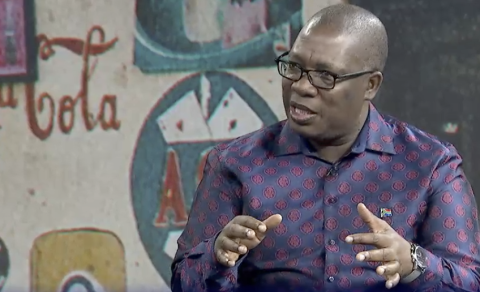Gauteng Premier Panyaza Lesufi has called for renewed efforts to secure justice for victims of apartheid-era crimes, urging the nation to address unresolved atrocities for the sake of healing and unity. Speaking at a human rights commemoration event, Lesufi emphasized that South Africa cannot fully move forward without confronting its painful history.
“Justice delayed is justice denied,” Lesufi declared. “We cannot build a just and equal society without dealing thoroughly with the atrocities of apartheid. As long as we ignore these crimes, our nation’s soul cannot rest.”
The Premier highlighted the plight of families still seeking closure for abuses suffered under apartheid, including unresolved cases of torture, disappearances, and deaths of political activists. He urged government agencies and legal authorities to prioritize these cases, emphasizing that justice for past crimes would strengthen South Africa’s commitment to human rights and equality.
Lesufi’s remarks have reignited national debates about transitional justice and the need to address lingering wounds from apartheid. While some critics warn that revisiting these cases may reopen old divisions, supporters argue that holding perpetrators accountable is essential for lasting reconciliation.
Human rights advocates have long criticized the perceived failure of post-apartheid institutions to prosecute those responsible for apartheid-era crimes. Lesufi’s comments come at a time when discussions about addressing historical injustices are gaining renewed urgency in South Africa’s political discourse.
The Premier’s call to action is expected to increase pressure on Parliament and the government to reassess transitional justice measures. “Our democracy must be a space where justice is accessible to all, even if it means facing painful parts of our past,” Lesufi affirmed.
As the nation grapples with how to honor its history while building a unified future, Lesufi’s appeal underscores the ongoing importance of justice in achieving true reconciliation.






















